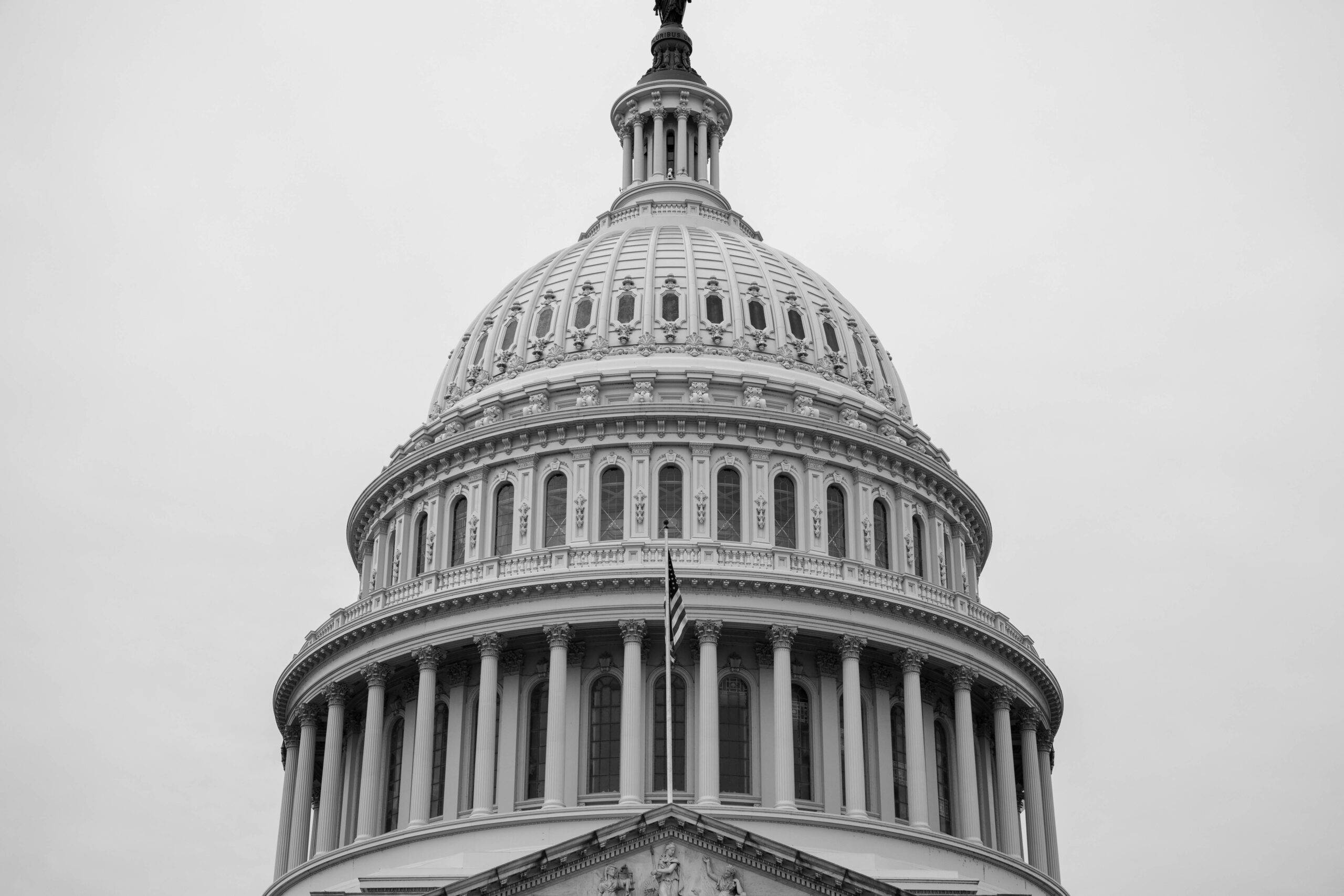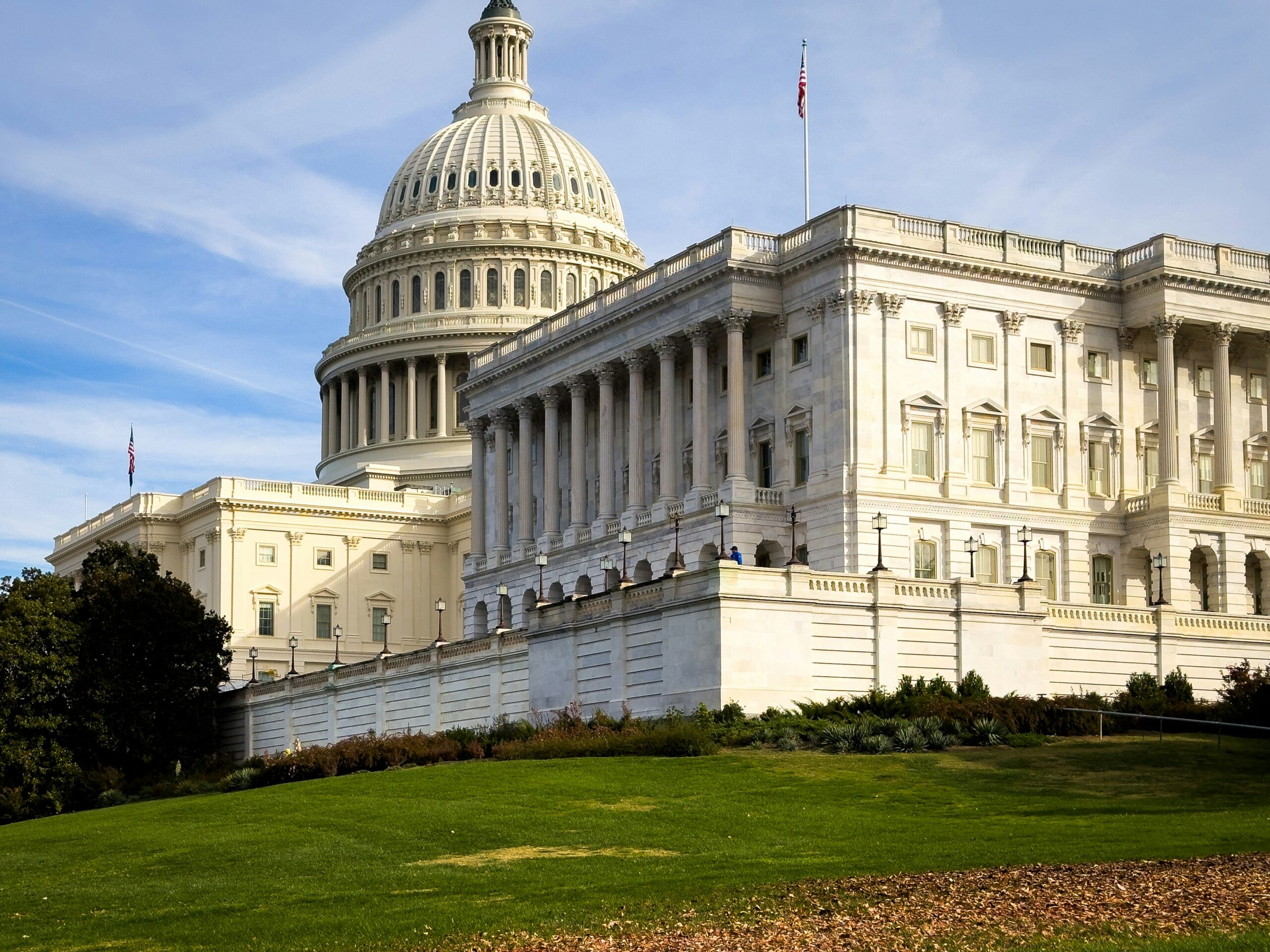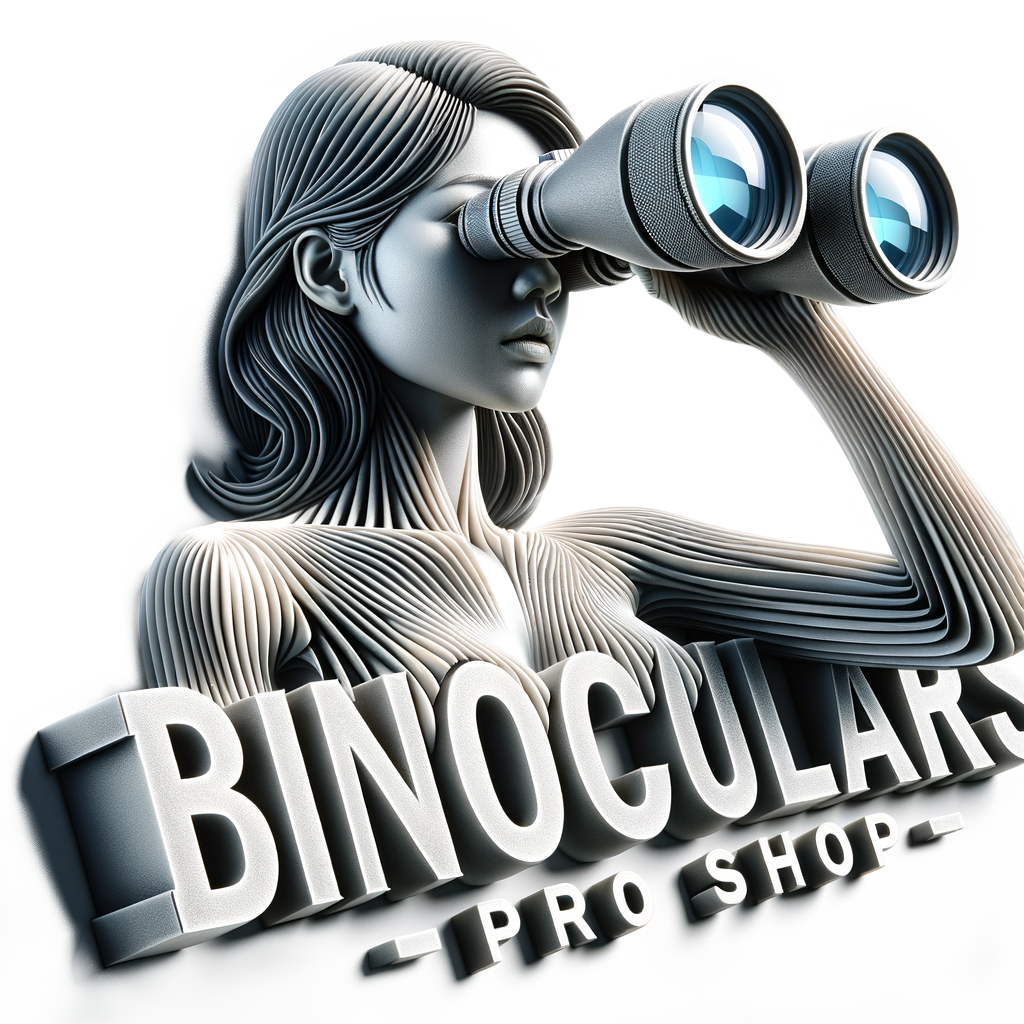Did you know that owning a night vision scope might not be as straightforward as you think? Many people are unaware of the legalities surrounding these devices, and it’s important to be informed. In some countries, certain night vision scopes may be restricted or even prohibited, while in others, they are completely legal to use. In this article, we’ll explore the laws and regulations surrounding night vision scopes, so you can better understand where they stand in your local jurisdiction.
Understanding Night Vision Scopes
Night vision scopes are optical devices that enhance visibility in low-light conditions. They are commonly used for activities such as hunting, wildlife observation, home security, and law enforcement. These devices enable individuals to see clearly in the dark, providing an advantage in situations where natural light is limited.
What are night vision scopes?
Night vision scopes are a type of optical instrument that uses advanced technology to amplify the available light. They detect and convert low levels of infrared and ambient light into visible images, allowing the user to see in the dark. This capability is achieved through the use of specialized lenses and electronic sensors.

How do night vision scopes work?
Night vision scopes work by capturing the available light and then amplifying it. The objective lens gathers the incoming light, and it passes through an image intensifier tube. Inside the tube, the light is converted into electrical signals, which are then amplified and displayed on a phosphor screen. This process creates a visible image that is brighter and clearer than what is visible to the naked eye.
Types of night vision scopes
There are several different types of night vision scopes available on the market. The most common types include Gen 1, Gen 2, and Gen 3. Gen 1 scopes are the most basic and affordable, providing a decent level of night vision. Gen 2 scopes offer improved performance and can handle low-light conditions more effectively. Gen 3 scopes are the most advanced and provide exceptional clarity and resolution, making them ideal for professional use.

Use of night vision scopes
Night vision scopes are used for various purposes, including:
Hunting with night vision scopes
Night vision scopes are widely used by hunters who want to extend their hunting capabilities into the hours of darkness. This allows hunters to track and locate animals more effectively, even in the absence of natural light. Night vision scopes provide a significant advantage by offering clear visibility in low-light conditions.
Home Security
Night vision scopes are also used for home security purposes. They can be mounted on security cameras, enabling homeowners to monitor their property in darkness. Night vision scopes provide a crucial ability to detect any potential intruders or suspicious activity during the night, ensuring the safety of the residents.
Wildlife observation
Researchers and nature enthusiasts often use night vision scopes for wildlife observation. These scopes allow individuals to observe nocturnal animals without disturbing their natural behaviors. By using night vision scopes, researchers can gather valuable data and insights into the habits and behaviors of wildlife during the dark hours.
Law enforcement
Law enforcement agencies utilize night vision scopes in various operations, such as surveillance, search and rescue missions, and tactical operations. The enhanced visibility provided by night vision scopes helps law enforcement officers carry out their duties more effectively, particularly in low-light or nighttime settings.
Legal Stand on Night Vision Scopes Globally
While night vision scopes are valuable tools for many activities, their legality varies across different regions of the world. Understanding the legal framework surrounding night vision scopes is essential for individuals who intend to use or possess these devices.
Night vision scope laws in America
In the United States, night vision scopes are legal to own and use for civilian purposes. However, there are restrictions on their use for certain activities, such as hunting. In some states, night hunting with night vision scopes is permitted, while in others, it may be prohibited or subject to specific regulations. It is crucial for individuals to familiarize themselves with the applicable laws in their state before using night vision scopes.
Laws in Europe
In Europe, the legal status of night vision scopes varies from country to country. Some European countries prohibit the use of night vision scopes for hunting, while others permit it under certain conditions. It is advisable for individuals to research and comply with the specific regulations in their respective countries to avoid any legal issues.
Laws in Asia
Asian countries also have differing regulations regarding the use of night vision scopes. Some countries strictly prohibit civilian use, while others allow it with certain restrictions. It is essential for individuals in Asia to understand and adhere to the laws of their specific country to ensure compliance.
Rest of the world
Outside of America, Europe, and Asia, the legality of night vision scopes can vary significantly from country to country. Some nations may fully restrict civilian ownership or use, while others may have more relaxed regulations. It is imperative for individuals in these regions to thoroughly research and understand the legal landscape before acquiring or using night vision scopes.

Usage of Night Vision Scopes and their Legalities
The use of night vision scopes is governed by regulations to prevent misuse and ensure public safety. The legalities surrounding the usage of night vision scopes vary depending on the intended purpose and jurisdiction.
Hunting with night vision scopes
Using night vision scopes for hunting can be subject to specific regulations and restrictions. In some regions, it is entirely legal to hunt with night vision scopes, whereas in others, it may be limited to specific game or during designated times. It is crucial for hunters to be aware of and comply with the hunting laws in their respective areas to avoid penalties or legal consequences.
Home Security
Using night vision scopes for home security purposes is generally legal, as long as they are not used for unlawful surveillance. Homeowners should familiarize themselves with local laws regarding surveillance and privacy to ensure compliance. It is essential to respect the rights and privacy of others while using night vision scopes for home security.
Wildlife observation
Night vision scopes enhance the ability to observe wildlife during nocturnal hours. However, it is important to be aware of the regulations governing wildlife observation in different areas. Some protected habitats or species may have specific restrictions on the use of night vision scopes to avoid disturbances or harm to environmentally sensitive areas.
Law enforcement
Law enforcement agencies have specific guidelines and protocols for the use of night vision scopes. These agencies operate under strict regulations to ensure the responsible and lawful use of this technology. The usage of night vision scopes by law enforcement officers should always adhere to the established protocols and guidelines set by their respective agencies.
Factors Influencing Laws on Night Vision Scopes
Several factors contribute to the formulation of laws and regulations governing night vision scopes. These factors include concerns about misuse, technological developments, and national security.
Concerns about misuse
One of the primary drivers behind the formulation of laws regulating night vision scopes is the concern about potential misuse. Authorities want to ensure that these devices are not used for illegal activities, such as poaching, invasion of privacy, or infringing on public safety. By implementing specific regulations, authorities aim to strike a balance between enabling legitimate uses and preventing potential misuse.
Technological developments
As technology advances, it becomes important for laws and regulations to keep pace. The capabilities of night vision scopes are continually improving, and lawmakers must consider these advancements to ensure effective regulation. New features and capabilities of night vision scopes may raise new legal and ethical concerns, necessitating updates to existing laws or the introduction of new regulations.
National security
Night vision scopes have applications in military and national security contexts, which can influence the laws and regulations governing their civilian use. Governments prioritize national security and may impose restrictions on the availability and usage of night vision scopes to prevent unauthorized access to advanced optical technology that could compromise security.
Possession and Trade of Night Vision Scopes
The possession and trade of night vision scopes are subject to laws and regulations to control the flow and availability of these devices.
Buying and selling of night vision scopes
In most regions, the buying and selling of night vision scopes are legal for civilian use. However, certain restrictions may apply, such as age restrictions or the need for a valid license. It is important for potential buyers and sellers to adhere to these regulations and ensure legal compliance when engaging in the purchase or sale of night vision scopes.
Import and export laws
International trade of night vision scopes is regulated by import and export laws. These laws are aimed at preventing the unauthorized transfer of sensitive technologies and safeguarding national security interests. Individuals or businesses engaged in importing or exporting night vision scopes must comply with the applicable laws and regulations of their respective countries to avoid legal consequences.
Retailer responsibilities
Retailers of night vision scopes have the obligation to comply with laws and regulations governing their sale. They must verify the legal eligibility of buyers and ensure that all necessary documentation, such as licenses or permits, are obtained before completing a sale. Retailers also play a vital role in educating customers on the legalities surrounding the possession and usage of night vision scopes.
Legal Penalties for Misuse of Night Vision Scopes
The misuse of night vision scopes can lead to significant legal consequences. Penalties for misuse vary depending on the jurisdiction and the nature of the offense.
Penalties in America
In the United States, the penalties for misusing night vision scopes can range from fines to imprisonment, depending on the severity of the offense. Engaging in illegal activities, such as using night vision scopes for poaching or illegal surveillance, can result in criminal charges and substantial penalties. It is essential to abide by the laws and regulations governing night vision scopes to avoid legal troubles.
Penalties in Europe
In Europe, penalties for the misuse of night vision scopes can also vary depending on the country and the specific offense committed. Unauthorized use of night vision scopes or using them for illegal activities can result in legal complications, including fines and imprisonment. It is crucial for individuals to understand and respect the laws in their respective countries to avoid severe penalties.
Penalties in Asia
Penalties for the misuse of night vision scopes in Asia can range from fines to imprisonment, depending on the country and the nature of the offense. Each Asian country may have its own legal framework to address misuse and illegal activities involving night vision scopes. Those planning to use night vision scopes in Asia should thoroughly research and abide by the specific laws and regulations in their country of residence.
Rest of the world
Penalties for the misuse of night vision scopes in regions outside of America, Europe, and Asia can vary significantly. Laws and regulations differ across countries and may result in fines, imprisonment, or other legal consequences. It is essential for individuals to seek legal advice and thoroughly understand the legal framework in their respective regions to prevent any legal pitfalls.
Seeking Legal Advice on Night Vision Scopes
Navigating the complex legal landscape surrounding night vision scopes may require professional guidance. Seeking legal advice can provide individuals with the necessary information and understanding of the laws and regulations governing these devices.
Consulting a lawyer
Engaging the services of a lawyer who specializes in firearms or optics law can provide valuable insights into the legalities of night vision scopes. Lawyers can offer advice specific to the jurisdiction and ensure that individuals are aware of their rights and responsibilities when it comes to owning or using a night vision scope. Consulting a lawyer can mitigate legal risks and provide clarity on the legal landscape.
Online resources
There are numerous online resources available that provide information on the legalities surrounding night vision scopes. Government websites, law enforcement agencies, and professional organizations often publish guidelines and regulations that individuals can access to understand the legal framework. It is important to ensure that online resources are accurate, up-to-date, and reflect the specific laws of the region in question.
Community forums
Engaging with the night vision scope community through online forums or social media platforms can provide individuals with practical insights and experiences related to the legal aspects of using night vision scopes. By interacting with others who share similar interests and concerns, individuals can gain a better understanding of the legal landscape and potentially seek advice from those who have navigated similar situations.
Licensing and Regulation of Night Vision Scopes
Licensing and regulation play a crucial role in monitoring the possession and usage of night vision scopes. These measures aim to ensure responsible ownership and prevent potential misuse.
Requirement for licenses
In some jurisdictions, obtaining a license is a prerequisite for owning and using a night vision scope. These licenses may be subject to specific requirements, such as age restrictions, background checks, or training certifications. Individuals interested in acquiring a night vision scope should research the licensing requirements in their respective regions and follow the necessary procedures to obtain a valid license.
Process of obtaining a license
The process of obtaining a license for a night vision scope typically involves submitting an application, providing relevant documentation, and paying any required fees. The specific steps may vary depending on the jurisdiction. It is important for individuals to thoroughly review the licensing process and comply with all requirements to ensure legal compliance.
Regulatory bodies overseeing night vision scopes
Regulatory bodies, such as government agencies or industry associations, may oversee the licensing and regulation of night vision scopes. These entities establish and enforce guidelines, conduct inspections, and oversee compliance with the applicable laws and regulations. It is essential for individuals to familiarize themselves with the relevant regulatory bodies and understand their role in administering night vision scope licenses and regulations.
Future Legislation for Night Vision Scopes
The legal landscape surrounding night vision scopes is subject to change as technology advancements and societal needs evolve. Future legislation may address new concerns or seek to provide a more robust framework.
Changes in laws
Advancements in night vision technology may prompt lawmakers to review and update existing laws or introduce new legislation. As night vision scopes become more widely available and affordable, there may be a need for stricter regulations to prevent misuse or unlawful activities. Additionally, changes in societal perceptions and attitudes towards night vision scopes may influence the development of future legislation.
Advancements in technology
Continued advancements in night vision technology may necessitate legislation to adapt to new capabilities. Enhanced clarity, longer range, and innovative features may present new challenges or ethical considerations that need to be addressed through updated laws and regulations. Legislators will likely seek to strike a balance between enabling technological progress and ensuring responsible use of night vision scopes.
Role of advocacy groups
Advocacy groups play a vital role in shaping public opinion and influencing legislation related to night vision scopes. These groups may advocate for the protection of privacy rights, wildlife conservation, or responsible firearm ownership. Their efforts can lead to changes in legislation by raising awareness and encouraging policymakers to consider the interests of various stakeholders.
Summary and Conclusion
Understanding the legalities surrounding night vision scopes is essential for individuals who intend to own or use these devices. While the specific laws and regulations vary across different regions, certain commonalities exist. Night vision scopes are widely used for activities such as hunting, home security, wildlife observation, and law enforcement. However, their usage is subject to regulations to prevent misuse and ensure public safety.
Factors influencing night vision scope laws include concerns about misuse, technological advancements, and national security. Governments aim to find a balance between enabling legitimate uses and preventing potential harm. Possession and trade of night vision scopes are regulated through laws and regulations governing buying, selling, import, export, and retailer responsibilities.
Misuse of night vision scopes can lead to significant legal penalties, including fines and imprisonment, depending on the jurisdiction and the nature of the offense. Seeking legal advice is advisable for individuals who want to navigate the legal landscape effectively. Licensing and regulation play a crucial role in monitoring the possession and usage of night vision scopes, and compliance with the applicable requirements is essential.
Future legislation for night vision scopes may be influenced by advancements in technology, changes in laws, and the role of advocacy groups. The legal landscape surrounding night vision scopes is subject to evolve, and individuals should stay informed about any updates or changes in the laws and regulations that govern these devices.
In conclusion, possessing and using night vision scopes can be lawful and beneficial when done in accordance with the applicable laws and regulations. By understanding and respecting the legal framework, individuals can enjoy the advantages offered by night vision scopes while maintaining compliance and ensuring the safety and well-being of themselves and others.

